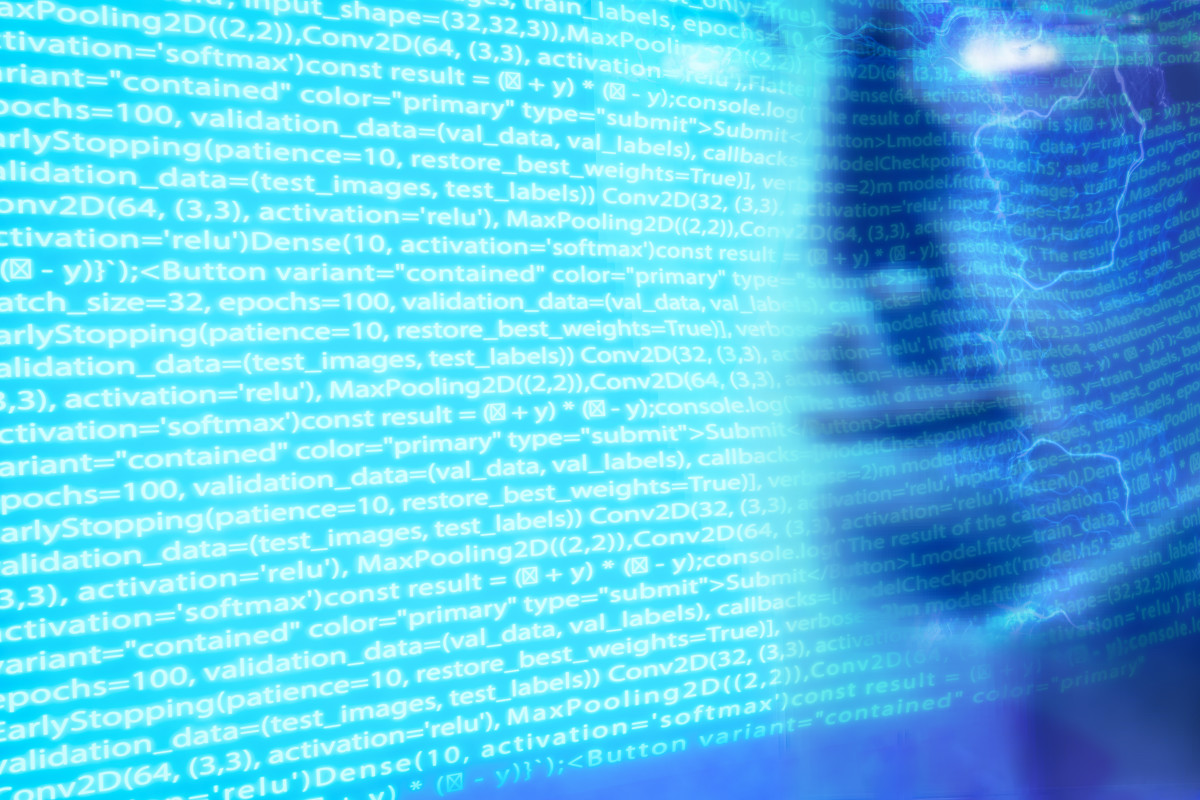
Text-to-image generator Midjourney began alpha-testing its newest version-6 models on Dec. 21. Users quickly claimed that the update, which seemed to scale up the generator's capabilities, includes results that seem too similar to known copyrighted art.
Reid Southen, a concept artist and illustrator who has worked with some of the biggest film studios, including Marvel and DC, said Friday that the model's output for certain prompts is an unaltered iteration of copyrighted training data.
A user prompted the model with the phrase "Joaquin Phoenix Joker movie, 2019, screenshot from a movie, movie scene." The output was an almost identical still from the 2019 film "Joker," starring Joaquin Phoenix.
Related: Human creativity persists in the era of generative AI
It's clearly spitting out training data. Here's someone prompting 'Joaquin Phoenix Joker movie, 2019, screenshot from a movie, movie scene'. pic.twitter.com/haIEHzGDpB
— Marge Nelk (@NelkMarge) December 22, 2023
Southen went on to replicate similar results from other well-known movies. A series of examples included Thanos, from "Avengers: Endgame;" Batman from "The Batman" and Black Widow from "Black Widow."
Southen says Midjourney responded by banning him from the company's Discord platform — effectively barring him from using the Midjourney service — wiping his prompting history and canceling his subscription to the service.
The AI Researcher Gary Marcus said that Southen's work "suggests that Midjourney has been trained on high-resolution copyright images, to which they may or may not have a license."
Midjourney did not respond to a request for comment.
I wasn't going to do this, but because @midjourney nuked my account for exposing their copyright infringement and plagiarism, here's an 11 minute video of me scrolling through all the offending generations on Discord. Enjoy. pic.twitter.com/bW4lszGzwh
— Reid Southen (@Rahll) December 23, 2023
Marcus said that Southen required little effort to create these repeated instances of copyrighted work, and that the copyrighted output was "not marked as being directly premised on copyrighted work."
Southen on Sunday noted a change in the company's Terms of Service that was added sometime after the V6 update went live, seemingly after Southen and other users began highlighting what they claimed was plagiarized output.
"You may not use the Service to try to violate the intellectual property rights of others, including copyright, patent, or trademark rights," one of these such additions reads. "Doing so may subject you to penalties including legal action or a permanent ban from the Service."
The Terms of Service additionally state that if users "knowingly infringe someone else’s intellectual property, and that costs us money, we’re going to come find You and collect that money from You. We might also do other stuff, like try to get a court to make You pay our legal fees. Don’t do it."
I consider this a smoking gun for Midjourney's flagrant copyright infringement. A 6-word prompt can replicate a Dune still nearly 1:1 every time. These aren't variations, it's the same prompt run repeatedly.
— Reid Southen (@Rahll) December 24, 2023
Try it yourself. Merry Christmas Midjourney. pic.twitter.com/2wpeTwxS0Q
"Straight up: if you care about artists do NOT use Midjourney again until they drop this new policy," Marcus said. "They are replicating copyrighted art, quite possibly without consent or compensation, AND Threatening to litigate against anyone who investigates."
Related: The ethics of artificial intelligence: A path toward responsible AI
Artists and AI: Concern about copyright
Concerns of copyright violations have been at the center of the AI conversation since ChatGPT went live last year.
A lawsuit brought by the Authors Guild against Microsoft and OpenAI argues that the companies' models are powered by copyrighted work, which was acquired and used without notice, credit or compensation.
"These algorithms are at the heart of Defendants' massive commercial enterprise," the lawsuit alleges. "And at the heart of these algorithms is systematic theft on a mass scale."
A lawsuit brought against Midjourney and several of its peers argues that "AI image products are primarily valued as copyright-laundering devices, promising customers the benefits of art without the costs of artists."
The U.S. Copyright Office said in August that it is studying the intersection of copyright law and generative AI to determine how best to regulate the sector.
The companies involved have claimed that the copyrighted art on which they train their models is what's called fair use. That's a component of copyright law that allows the limited use of copyrighted material for such purposes as "criticism, comment, news reporting, teaching, scholarship and research."
In this instance, however, Marvel holds several trademarks on the character of Thanos and DC holds plenty of trademarks on Batman.
The technologist and composer Ed Newton-Rex noted that it was important to remember that other companies and other models do the same thing with a bit more subtlety.
"They copy the works during training, and put in place some simple tricks to try to stop users seeing obvious copies," he wrote in a post on X.
MidJourney v6 is a lot better at including words in images 🔥
— Ammaar Reshi (@ammaar) December 21, 2023
Here are a few examples.
Prompts in the ALT! pic.twitter.com/EAGdq65hEZ
"Often tech companies will reward people or thank them for exposing flaws in their tech so they can fix it," Southen said.
"What does Midjourney do when I do that? Double ban and [Terms of Service] update to blame users for any infringing content they generate from the model trained specifically on said content."
Several artists recently told TheStreet that the more significant issue with generative AI is not that it exists but the myriad ways in which it is being misused to exploit artists and devalue art.
Contact Ian with AI stories via email, ian.krietzberg@thearenagroup.net, or Signal 732-804-1223.
Related: Artificial Intelligence is a sustainability nightmare - but it doesn't have to be
Get exclusive access to portfolio managers’ stock picks and proven investing strategies with Real Money Pro. Get started now.







